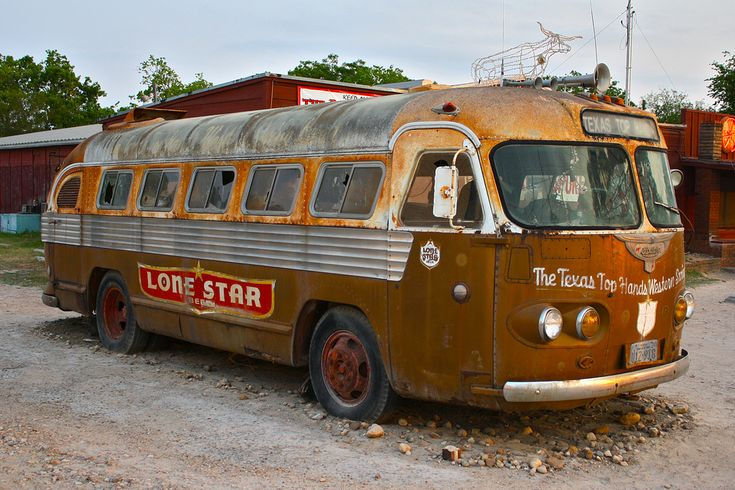Travel Gig Success: Essential Tips for Musicians on the Road
- Randy Hess
- Jan 20, 2025
- 4 min read

Not all gigs are the same, especially when it comes to travel dates. Whether you’re playing for an artist, loading up a van for a road trip, or catching a flight to a far-off venue, there’s a much larger checklist of things to take care of before leaving town, not to mention basic rules of the road. Unlike a local gig, you can’t just run home if you forget something.
I’ll start with essentials that apply to all gigs, then cover travel-specific considerations, and finally, I’ll touch on artist bus etiquette.
The Basics: What to Know for Every Gig
I previously wrote about band leadership and the importance of advancing gigs—confirming all details, days or even weeks before the show. While this is typically handled by the bandleader or road manager, you need to get this info before you leave town.
Here are key details you should know:
Venue details – Address, load-in time, and parking options if you’re driving.
Meals – Are they provided, or is there a buyout (where they give you money to get your own food)?
Time zones – Some places don’t observe daylight savings time, so double-check the local time on the gig date.
Provided gear – What’s available at the venue? Do you need to bring all your equipment?
Accommodations – Is a hotel provided? If so, when is check-in?
Dress code – Some gigs require specific attire. Make sure you’re aware.
Shared stage/gear – Will another band be playing? Are you opening for a headliner? If so, stage space and gear may be limited.
Guest policy – Are guests allowed? If so, how many?
Expense reimbursement – Will travel, lodging, and gear transport costs be covered?
Carpooling – Sharing transportation can reduce expenses that would otherwise cut into your pay.
This is super important, since any out of pocket expenses come out of your pay, so you should know all this info before you even accept the gig.

Travel-Specific Tips
If you’re driving, plan for potential delays. It’s always better to arrive early than to be late. Also, make sure your car is roadworthy, a breakdown could cost more than what the gig pays.
If you’re flying, you need to know what gear is provided at the venue. Checked baggage fees can add up quickly, so pack smart. If you must check gear, find out if the cost is reimbursed. Consider downsizing—maybe consolidate effects pedals into your carry-on.
Security checks can be a hassle, so arrive early—musicians carrying gear often get searched. And here’s a tip from years of experience: dress well when flying—you’ll be treated better by airport and airline staff.
Road Etiquette: Respect Your Bandmates
If you’re traveling with a band, respect everyone involved, including their property and space. You may only be on stage for 90 minutes, but you’ll be together 24/7. Musicians have been hired (or passed over) based on how easy they are to get along with on the road.
Playing for a Recording Artist
Touring with a recording artist is a different experience, but the same principles apply. The tour manager will provide most of the details, including what gear is needed, where to be, and when.
Remember, you are representing the artist at all times, on and off stage. Your performance should match the record exactly unless you’re given freedom to improvise, but even then, don’t overdo it.
Know the difference between bus call time (when you’re expected to arrive) and departure time (when the bus actually leaves). Some people use these terms interchangeably, so clarify what’s expected. Always be on time and leave extra time to load your gear.
Space on the bus is limited, so only bring what you need. You’re sharing with several other musicians, and excess baggage can cause tension.

At the Venue: Professionalism is Key
Once you arrive, designate one person to handle all communication with venue and stage management. The last thing they need is multiple band members asking the same questions. If you have a concern, relay it through your point person.
If multiple bands are performing, be mindful of your role. If you’re an opener, stick to your designated stage space, even if it’s cramped due to the headliner’s gear. If you’re the main act, you have more flexibility. The same thing comes to show times. If you start late, you still never want to go past the original end time. If you do, it could affect the headliner and that is a huge no no.
If you have guests, they are your responsibility. Their behavior reflects on you and your band.
Once your set is done, tear down your gear quickly and efficiently. Never overstay your welcome.
Final Thoughts
Many musicians take road gigs because they pay better than local shows. But if you want to keep getting these opportunities, professionalism is key.
Follow these pointers, and you’ll set yourself up for greater success, leading to more gigs, better opportunities, and a strong reputation!
Happy Trails!
Randy Hess
Musician | Producer | Consultant




Comments